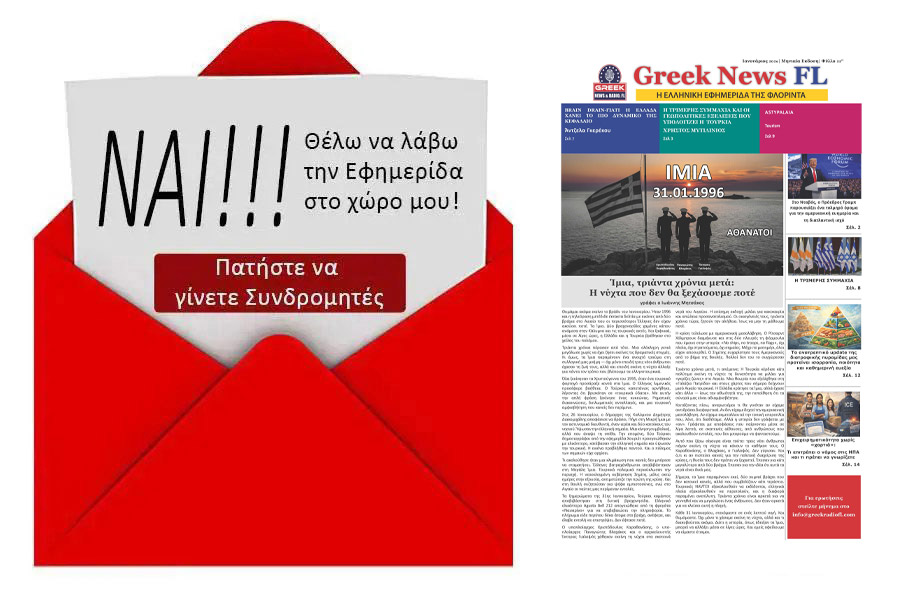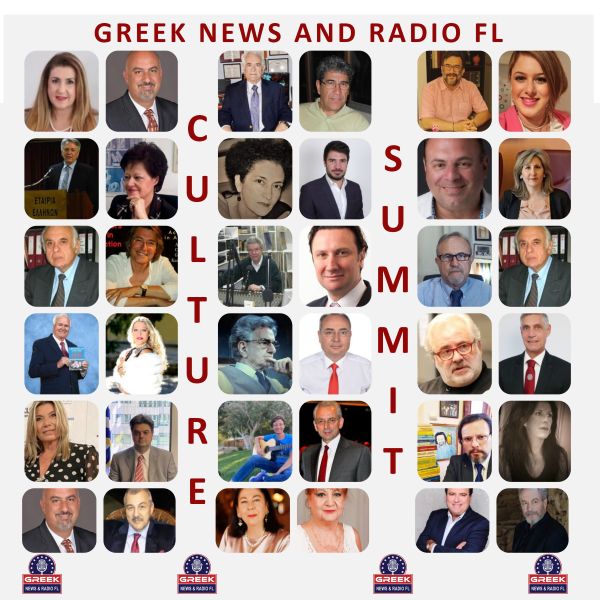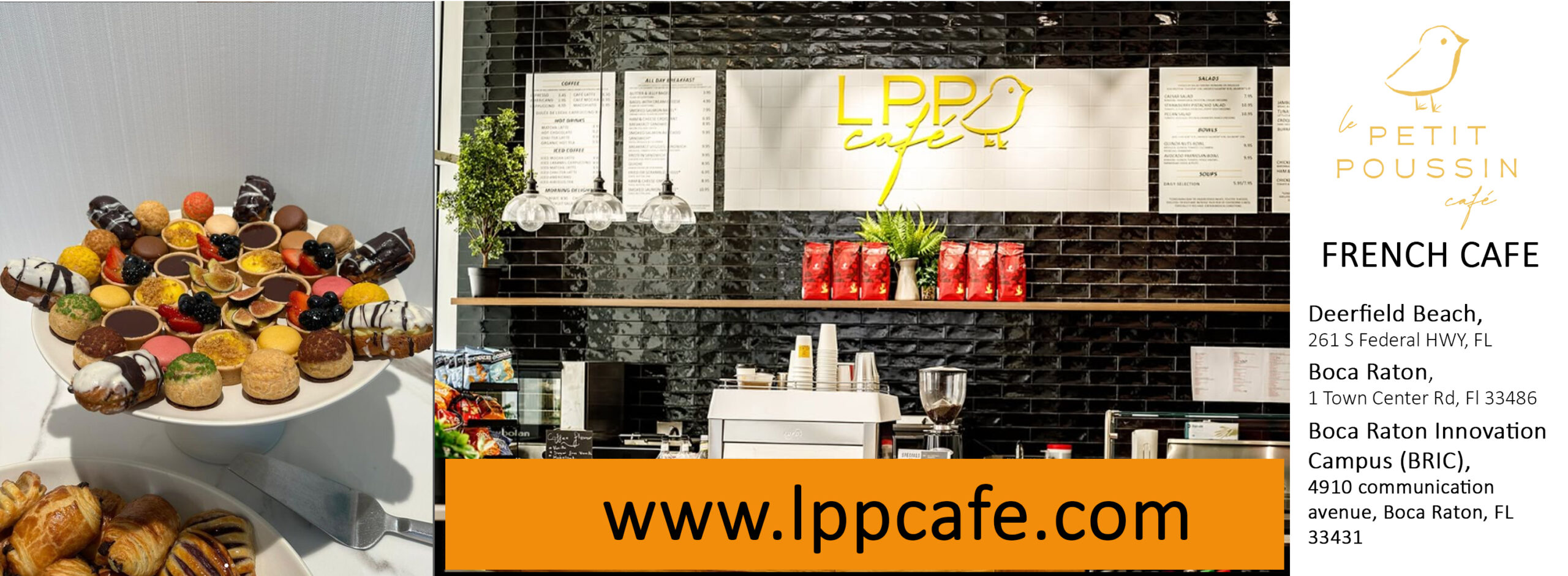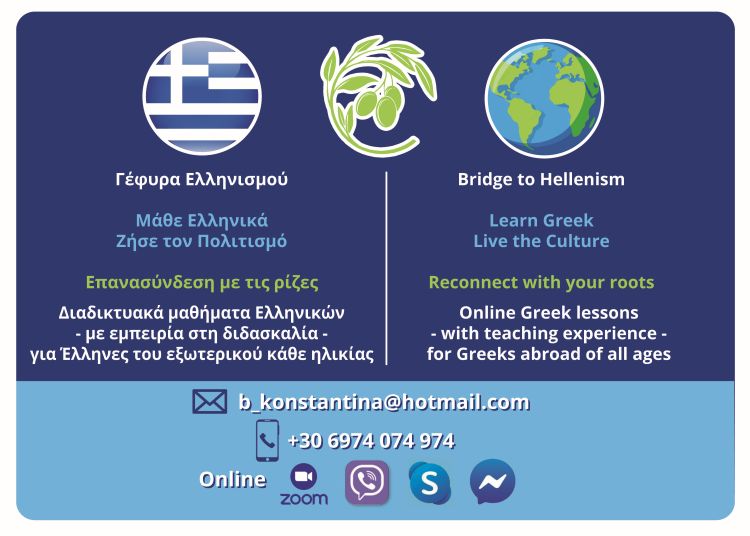Charlie Kirk was killed because of his opinions.
That truth should stop every one of us in our tracks. He was not on a battlefield, he was not armed, he was not attacking anyone. He was speaking. He was doing what every free citizen should be allowed to do, sharing ideas, however controversial.
The moment a man is murdered for that, something far bigger than politics dies with him. If words can no longer be answered with words, if debate can no longer be answered with debate, then we no longer live in a free society.
This is why the defence of free speech is not optional. It is not a gift to be granted by governments or activists when it suits them, it is a right that must be protected for everyone or it means nothing at all. If we do not defend it now, we will wake up in a country where silence is survival and fear decides what can be said.
The choice is ours. We either recommit to the principle that no one should lose their job, their reputation, or their life for their opinions, or we accept a future where intimidation and violence set the limits of speech. Charlie Kirk’s death is a warning. If we ignore it, we risk a world where the next victim is not a public figure on a stage, but an ordinary citizen who dared to speak. Britain has witnessed an aggressive rise in left wing activism over the past decade. Issues of race, gender, climate change and social justice have moved from the fringes into the mainstream.
Campaign groups, student networks, protest movements and online activists have become louder and more organised, forcing these ideas into public life. For some, this has been a welcome shift that shines a light on long ignored injustices. But for many others, it feels less like progress and more like a cultural takeover.
Ordinary Britons are growing weary of being lectured and labelled for holding views that were considered mainstream only a few years ago. Questioning gender policies, opposing the toppling of statues or expressing doubt about diversity training can result in instant accusations of bigotry or even extremism. This relentless labelling has left many feeling angry, resentful and shut out of their own society.
Critics argue that the current wave of activism is dangerously disconnected from the lives of the very people it claims to defend. While millions struggle with rising prices, housing shortages and collapsing public services, activists appear more interested in language policing and symbolic battles. This obsession with identity risks dividing communities, alienating the working classes and driving them into the arms of movements promising to fight back against what they see as a cultural elite.
The growing fear for free speech cannot be ignored. Teachers, writers, academics and comedians have been silenced or punished for stepping outside a narrow set of approved views. People are self censoring in offices, schools and online for fear of being targeted. The casual way terms like “far right” and “fascist” are thrown around has cheapened the language and turned ordinary disagreement into something dangerous. It has chilled debate and made honest conversation almost impossible. This is not just an older generation bristling against change. Many young people too are exhausted by the constant call outs, online shaming and ritual outrage. The tactics of some activist groups have backfired spectacularly, creating more resentment than progress.
The result is a harder, angrier country where each side shouts louder while listening less. The political consequences are becoming clear. Labour strategists are warning that an obsession with identity politics risks losing voters who want economic fairness, better services and trust restored in politics, not endless cultural warfare.
Even on the left there are voices calling for a reset, urging activists to focus on shared priorities that unite rather than divide. Despite these warnings, activists insist that their campaigns are vital and that any backlash is simply proof that their efforts are working. They argue that progress is meant to be uncomfortable and that institutions will never change without relentless pressure. The tension between reform and stability is now the defining battle of our time. The word “woke” has become a cultural flashpoint. Some wear it as a badge of honour, others spit it out as an insult. For millions of ordinary people the issue is simpler: it is not equality or fairness they object to, but the creeping sense that their values, history and traditions are being dismantled and mocked. If Britain cannot find a way to debate these issues openly, the anger will only deepen.
This clash of culture and politics is not unique to Britain. In the United States, the assassination of Charlie Kirk has thrown the dangers of political hatred into stark relief. Kirk, just 31 years old, was gunned down while speaking to a packed auditorium of students. The shooting was a reminder that political disagreement must never spill over into physical violence, yet in today’s climate the unthinkable has become reality. London now faces its own moment of reckoning.
On 13th September a huge free speech rally will take place, with Tommy Robinson calling for people to march through the capital in defence of liberty. Organisers expect hundreds of thousands, perhaps more. Counter demonstrations are already planned, raising fears of confrontation. Robinson has pleaded with supporters to remain peaceful and sober, insisting this is a stand for freedom, not a licence for hate. The events in Utah and London expose the same truth: free speech is under siege.
In America, a man was murdered for using it. In Britain, those who simply attend a rally risk being branded extremists or bigots for life. The very right that underpins democracy is being poisoned by suspicion, censorship and fear. As a journalist, I was offered a media pass to attend the London rally as a guest observer. My role would have been to report fairly and to listen to what people had to say. Yet even I hesitated. In this climate, simply turning up could see me labelled as a far right sympathiser.
My reputation, my career, could be dragged through the mud because I dared to bear witness. This is the crisis we face. If reporters cannot report, if citizens cannot protest, if speakers cannot speak without fear of violence or professional ruin, then freedom of speech is an empty slogan. People will fall silent, resentment will fester and society will grow more fractured. It is time to rebuild the public square into a place where opposing views can clash without fear. Where journalists can attend without stigma. Where the word extremist is reserved for those who call for harm, not those who dare to disagree. Anything less is cowardice.
If we cannot protect free speech now, we will lose it forever.
Photo Erika Frantzve, former Miss Arizona and wife of Charlie Kirk (Pic- Instagram/mrserikakirk) https://indianexpress.com/article/world/who-is-charlie-kirks-wife-erika-frantzve-former-miss-arizona-and-a-maga-influencer-a-look-at-the-kirk-family-and-their-two-kids-10243243/


















































